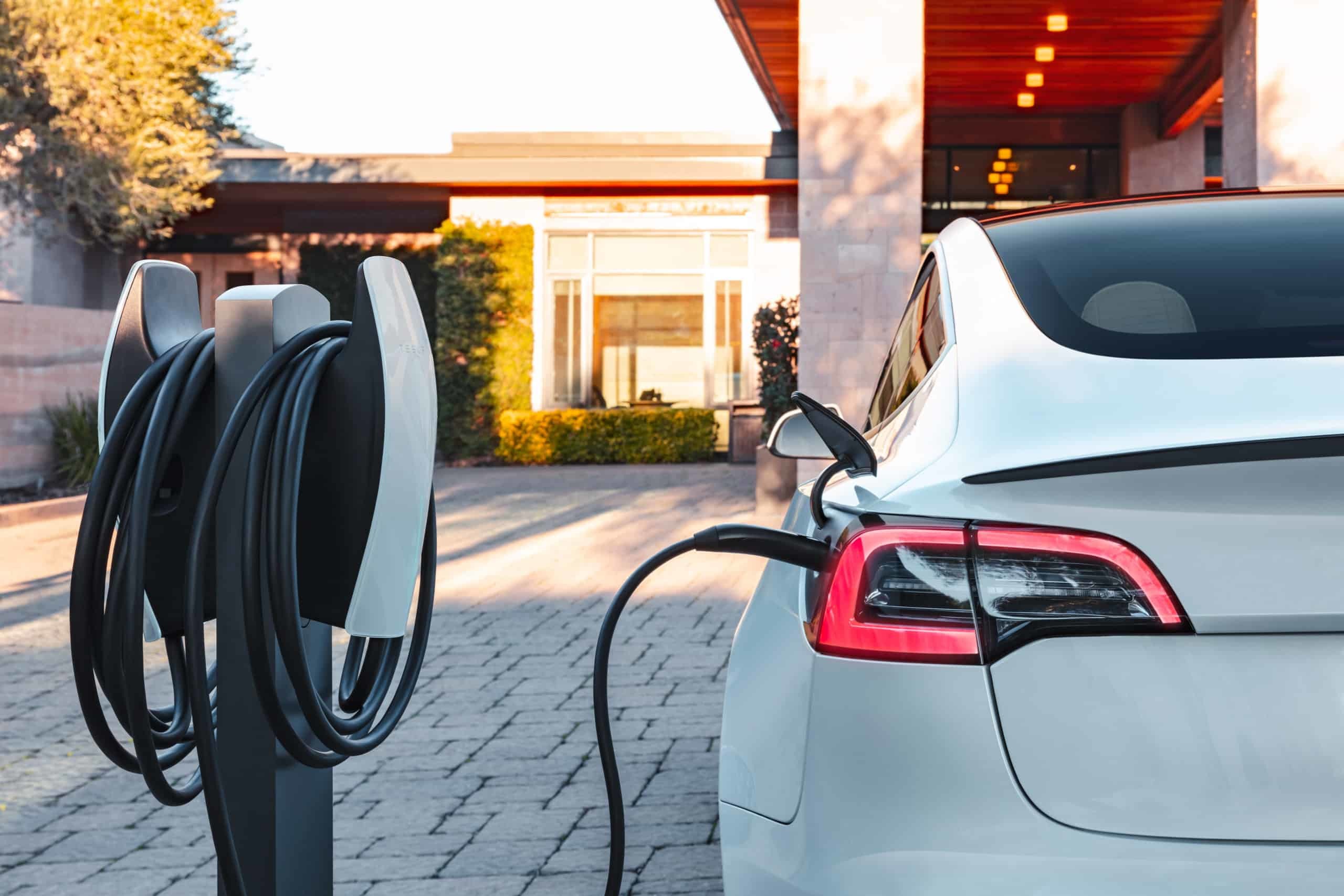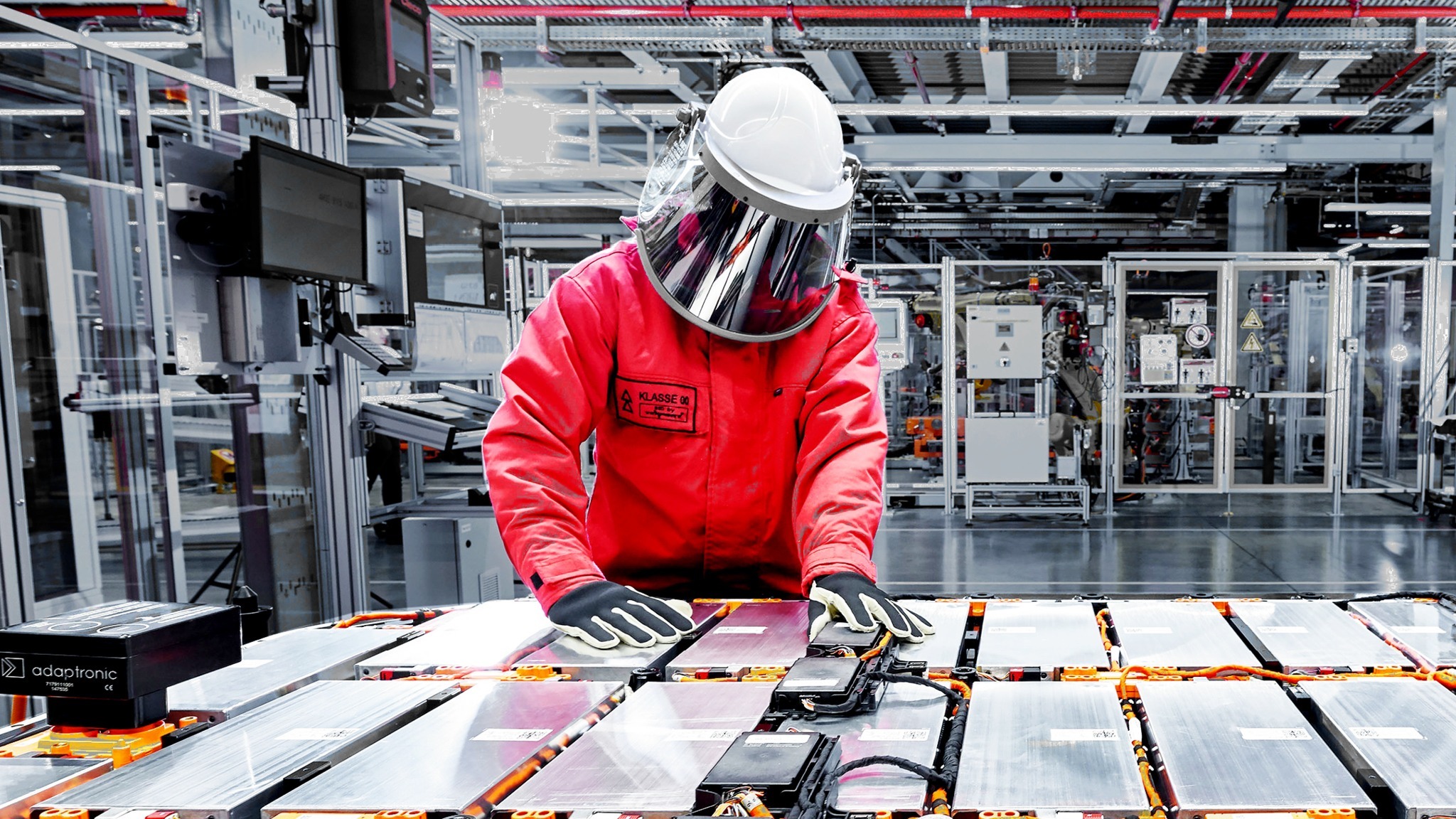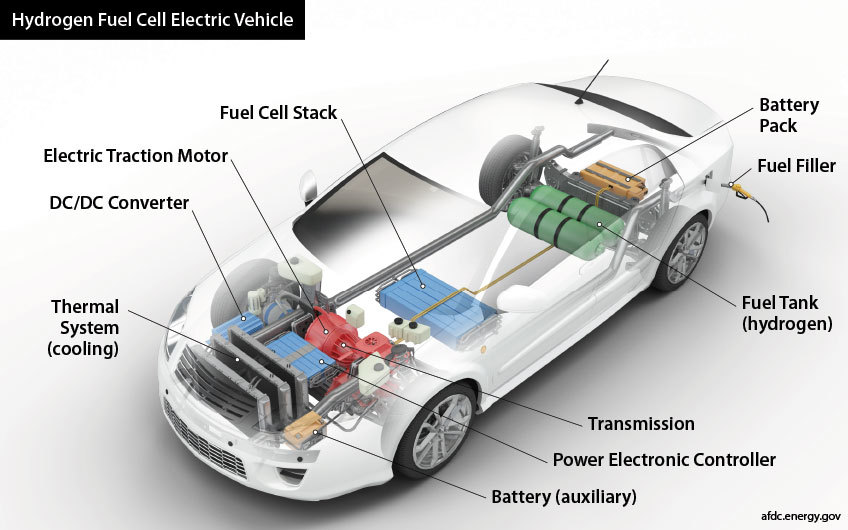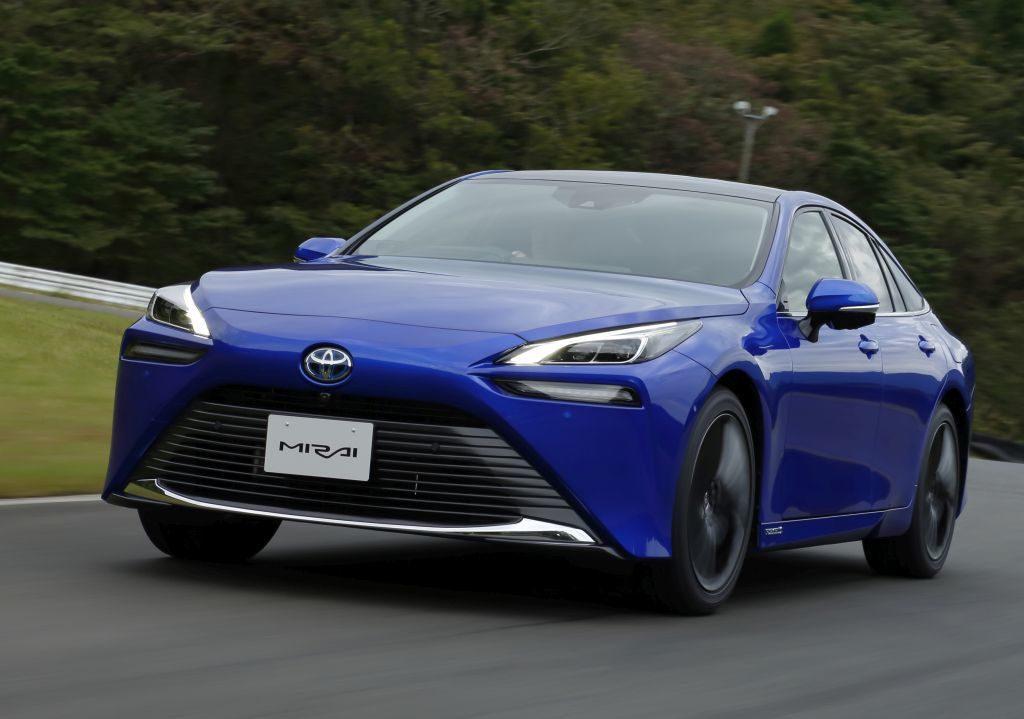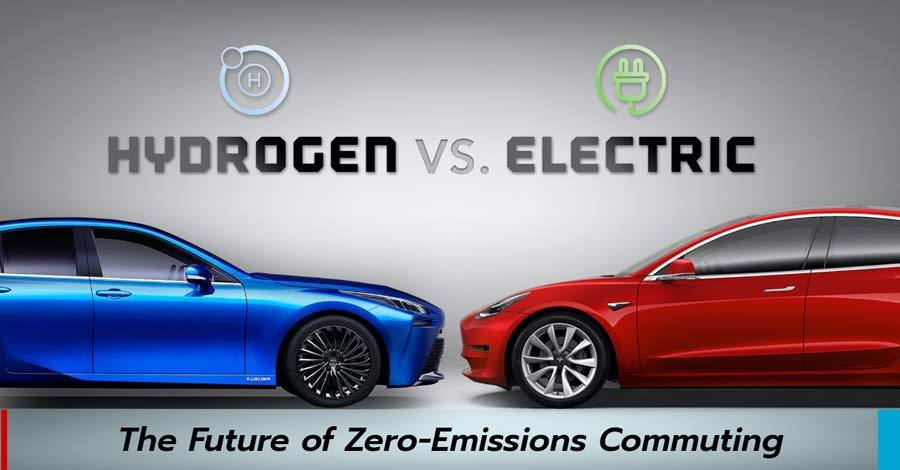It is evident that the majority of consumer vehicles, such as cars, trucks, and bikes, rely on internal combustion engines that run on non-renewable energy sources like petroleum. Unfortunately, the availability of petroleum is diminishing rapidly, and its impact on the environment is alarming. Moreover, the rising carbon emissions and other pollutants released by these vehicles contribute to the deterioration of air quality. Additionally, the monopolization of oil companies has led to soaring oil prices, making it a pressing issue for us to consider. However, amidst these challenges, there is still hope.
Transition to Electric Vehicles
Fortunately, many car manufacturers have recognized the need for change and have begun introducing fully electric vehicles (EVs). Notable brands such as Tesla, Volvo, Mercedes, Volkswagen, BMW, and others are embracing this shift towards sustainable transportation. These companies assert that electric vehicles are not only the future of transportation but also beneficial for the environment. This claim holds true, as EVs, particularly electric cars, do not rely on the combustion of petrol or diesel, thereby eliminating the release of harmful gases and fumes into the atmosphere. Imagine a scenario where each one of us uses an EV as our daily driver—the air quality would significantly improve and be preserved.
Environmental Impact of Electric Vehicle Production
While electric cars seem to have numerous environmental benefits, it is essential to address the truth behind their manufacturing process. The production of an electric car emits a similar amount of greenhouse gases as a petrol or diesel car. To gain a realistic understanding of the emissions generated during the manufacture of an electric vehicle, we must consider the sourcing and production of its components. The mining of raw materials for electric car production emits significant greenhouse gases. Furthermore, the refinement of these materials and the manufacturing process itself contribute to further emissions.
To put things into perspective, the production of a petrol or diesel car releases approximately 7 to 10 tonnes of CO2, taking into account the entire production process. In the case of an electric car, a similar amount of CO2 is emitted during its production, but the production of the battery adds another 9 tonnes of CO2. For an electric car to have a sufficient range, a battery with a capacity of at least 60 kWh is needed, resulting in a total emission of 16-19 tonnes of CO2. At this stage, it may appear that electric cars have a more significant environmental impact compared to fossil fuel cars. But the caveat here is, the emission of EVs ends at the production process, not while the vehicle is being used.
Hydrogen-Fueled Vehicles: A Viable Alternative
In addition to electric vehicles and internal combustion engines, there is another type of engine that offers greater efficiency and environmental friendliness. Fuel cell vehicles, powered by hydrogen gas, utilize an electric motor. Unlike conventional vehicles that rely on petrol or diesel, fuel cell cars and trucks combine hydrogen and oxygen to produce electricity, powering the motor. Although they fall under the electric vehicle category, fuel cell vehicles have comparable range and refueling processes to conventional vehicles.
Toyota Mirai is the world’s first mass-produced and commercially marketed dedicated hydrogen fuel cell vehicles that is not a modification of an existing model.
The conversion of hydrogen gas into electricity only produces water and heat as byproducts, resulting in no tailpipe pollution. While the production of hydrogen can generate pollution and greenhouse gas emissions, even fuel cell vehicles fueled by hydrogen from sources like natural gas can reduce emissions by over 30% compared to gasoline-powered vehicles. Future developments in renewable fuel standards, such as those in place in California, could further enhance the cleanliness of hydrogen fuel. Ultimately, hydrogen fuel cell vehicles combine the advantages of conventional vehicles in terms of range and refueling with the environmental benefits of electric vehicles.
Conclusion
In conclusion, it is evident that petrol and diesel vehicles will become obsolete in the coming years, depending on how well we manage our resources and address the environmental damage they cause. Fully electric vehicles powered by rechargeable batteries represent the future of transportation. However, manufacturers must conduct further research to ensure greener and more environmentally friendly production processes for EVs. Until then, the pollution advantages of electric vehicles over petrol and diesel vehicles may be limited.
In my opinion, fuel cell vehicles that utilize hydrogen as a power source offer a superior alternative. These vehicles, although technically electric, can be refueled more conventionally, similar to petrol or diesel vehicles. Refueling with hydrogen is quicker than charging a battery, and I urge major brands, as well as emerging ones, to increase the production of fuel cell vehicles and establish more hydrogen pumps for convenient refueling.
 Untuk makluman lanjut, Anda boleh hubungi kami ditalian berikut:-
Untuk makluman lanjut, Anda boleh hubungi kami ditalian berikut:-
? Pejabat: 03-92851322
? Konsultan Utama: 013-209 0322 (tuan syed)
? Customer Service: https://bit.ly/konsultan-aiman
? Konsultan Daulah: https://bit.ly/konsultan-Ai




